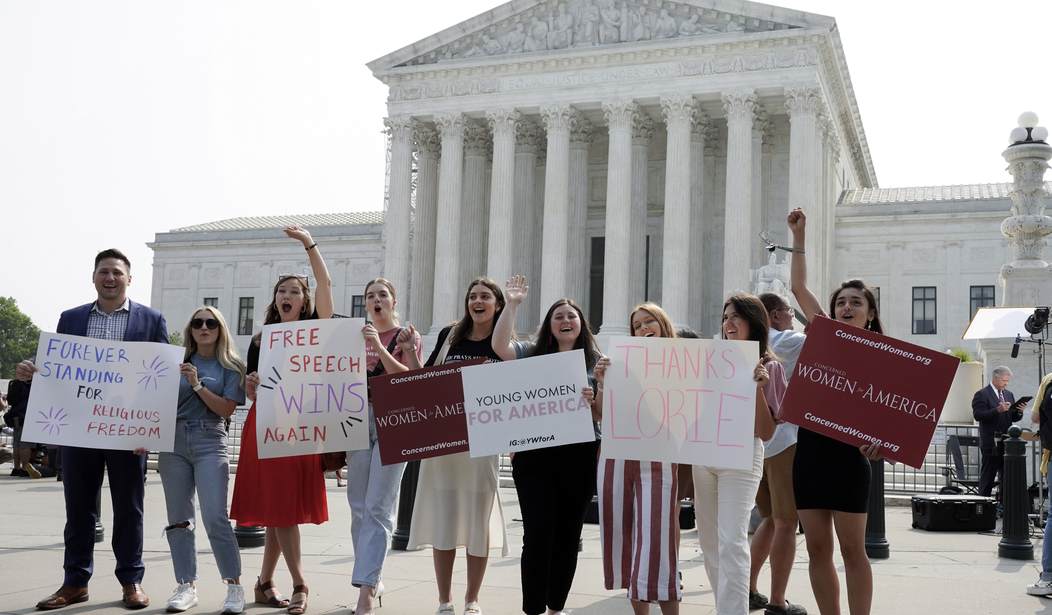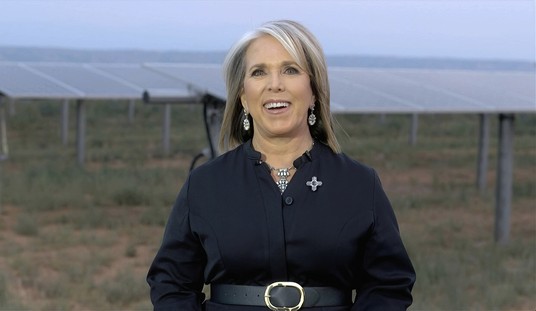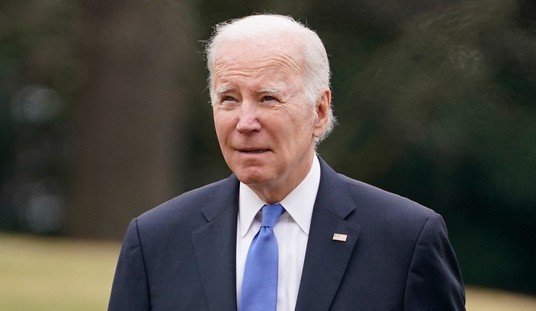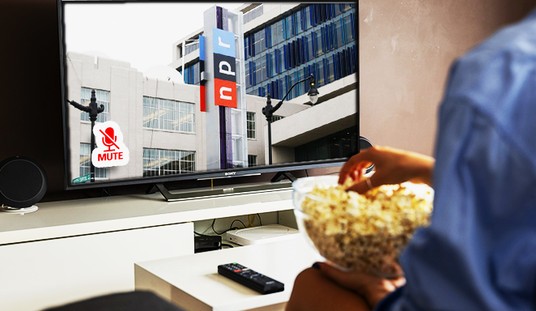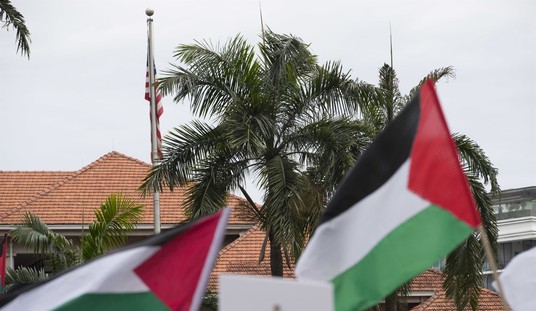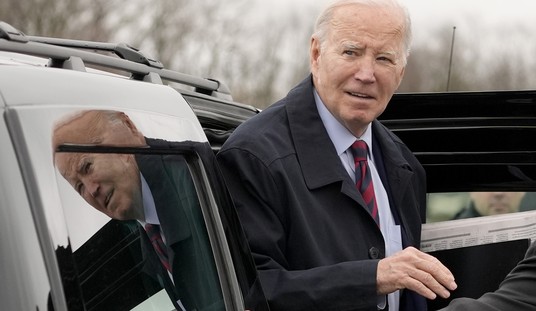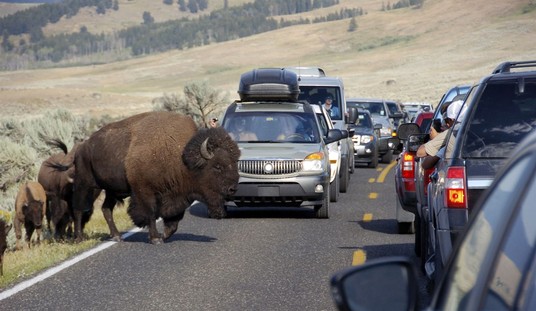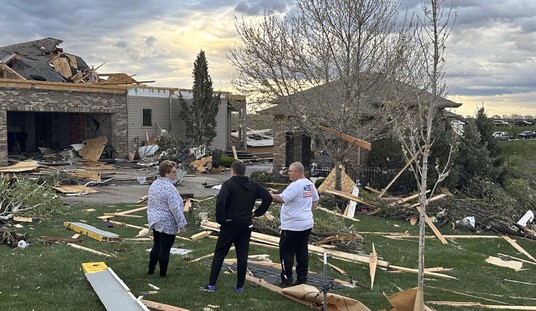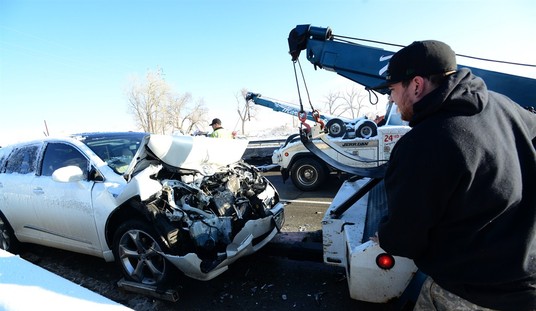The dynamics of public discourse have evolved drastically over the past decade, which has placed the classic American understanding of the notion of free speech at a critical crossroads that could have a heavy influence on the future of political discussions. Younger generations are growing increasingly accepting of placing limits on certain types of speech – especially on college campuses.
The issue has become even more exacerbated by discussions surrounding the Israel-Hamas war in Gaza, which has prompted vigorous and even vitriolic debate on the ongoing conflict between Israel and the terror group. According to a recent report, there is a “newer version of free speech” gaining traction among younger Americans.
Generations of Americans have held firm to a version of free speech that makes room for even the vilest of views. It’s girded by a belief that the good ideas rise above the bad, that no one should be punished for voicing an idea — except in rare cases where the idea could lead directly to illegal action.
Today, that idea faces competition more forceful and vehement than it has seen for a century.
On college campuses, a newer version of free speech is emerging as young generations redraw the line where expression crosses into harm. There’s a wave of students who have no tolerance for speech that marginalizes. They draw lines around language that leads to damage, either psychological or physical. Their judgments weigh the Constitution but also incorporate histories of privilege and oppression.
“We believe in a diverse set of thoughts,” says Kaleb Autman, a Black student at the University of Wisconsin whose group is demanding a zero-tolerance policy on hate speech. “But when your thought is predicated on the subjugation of me or my people, or to a generalized people, then we have problems.”
The report notes that this “new understanding has been “marked by the introduction of safe spaces, trigger warnings, and a rise in disruptive protests that silence speakers with offensive views.”
Free speech in America has traditionally been a crucial bedrock of the country’s founding. Even the most offensive and controversial opinions can proliferate without government interference. The idea is simple: The best way to combat bad speech is with an abundance of good speech. The state should not suppress any speech unless it directly incites illegal activity. However, the newer generations are increasingly challenging this view of speech – especially in the halls of academia.
As the report indicates, students are growing intolerant of speech that is perceived as marginalizing. It is not only about silencing certain types of language; it is an overall effort to redefine what constitutes harmful speech, factoring in psychological and physical consequences. This is not just in the realm of theory; it carries real-world implications.
Those arguing in favor of reimagining how we view the concept of free speech would argue that “hate speech” against marginalized groups can result in various types of harm and oppression. Curtailing this type of speech would ostensibly be intended to protect these individuals from harm. They would point out how the traditional understanding of free speech ignores historical contexts of privilege and oppression, which empowers dominant groups to use speech to perpetuate pernicious narratives under the guise of open debate.
In an academic setting, these folks would likely argue that limiting certain types of speech would be more conducive to fostering a safe and inclusive environment crucial for learning. This approach would supposedly prevent bad actors from creating a hostile atmosphere that would interfere with a student’s ability to learn.
However, these people neglect the reality that redefining the notion of free speech will inevitably set a dangerous precedent, allowing the state to decide what speech is acceptable and which is worthy of punishment. This would undoubtedly lead to widespread censorship and a less free society. It is an authoritarian concept that would only lead to more authoritarianism by further empowering the government to intrude in our lives.
It is not hard to see how devastating this could be for liberty, considering the reality that what constitutes “harmful” speech is highly subjective and will be defined in a manner intended to suppress certain political views. If the government can decide what people can and cannot say, it will not hesitate to use this power to crack down on anti-government speech, regardless of whether it comes from the left or right.
Lastly, this redefining of speech will cultivate a tattletale society in which people are unable to work out disagreements or even fiery debates themselves. Instead of doing the hard work of countering bad ideas, they will simply appeal to authority to work it out for them, which will only make the situation worse.
Younger generations need to be taught the value of possessing the liberty to speak their minds without having to worry about the government showing up at their doorstep to punish them for offending others. They would be better served by knowing how to deal with the actual bad actors out there seeking to perpetuate deleterious narratives and rhetoric. Otherwise, their insistence that we abdicate our responsibility to handle these matters ourselves to the government will result in a country in which the state is the ultimate arbiter of what speech is acceptable. While they might not see it at the moment, this is not a country where we would want to live.

